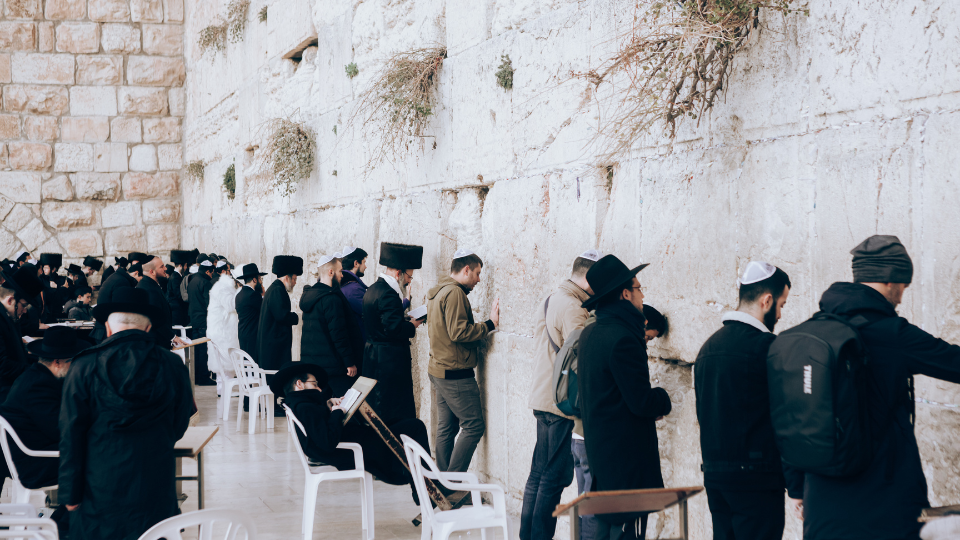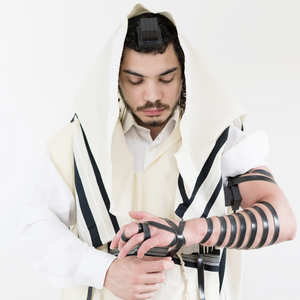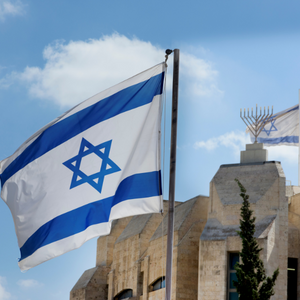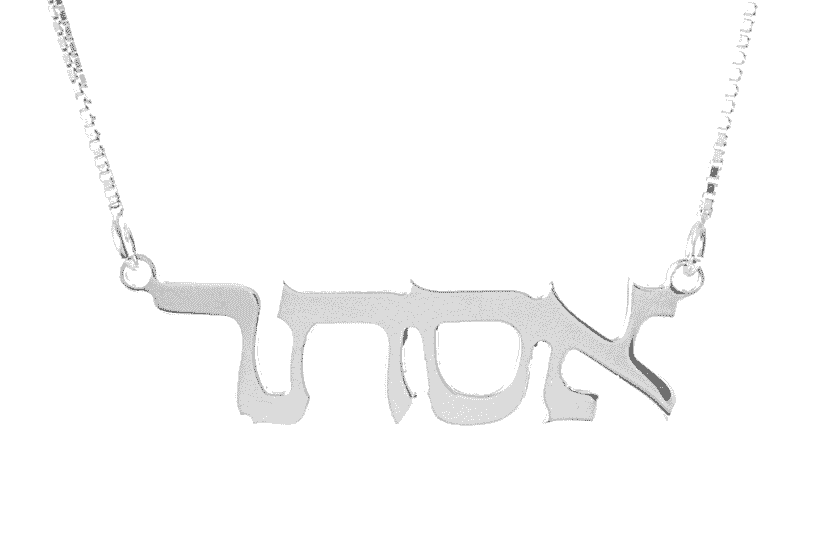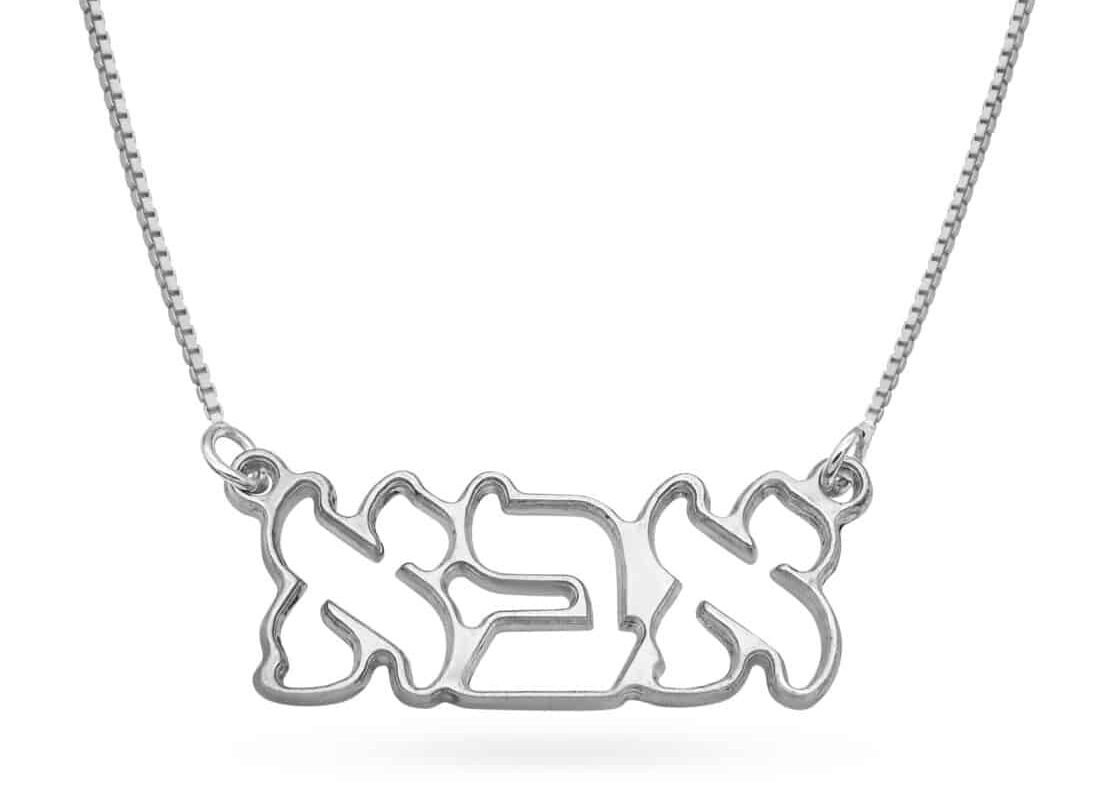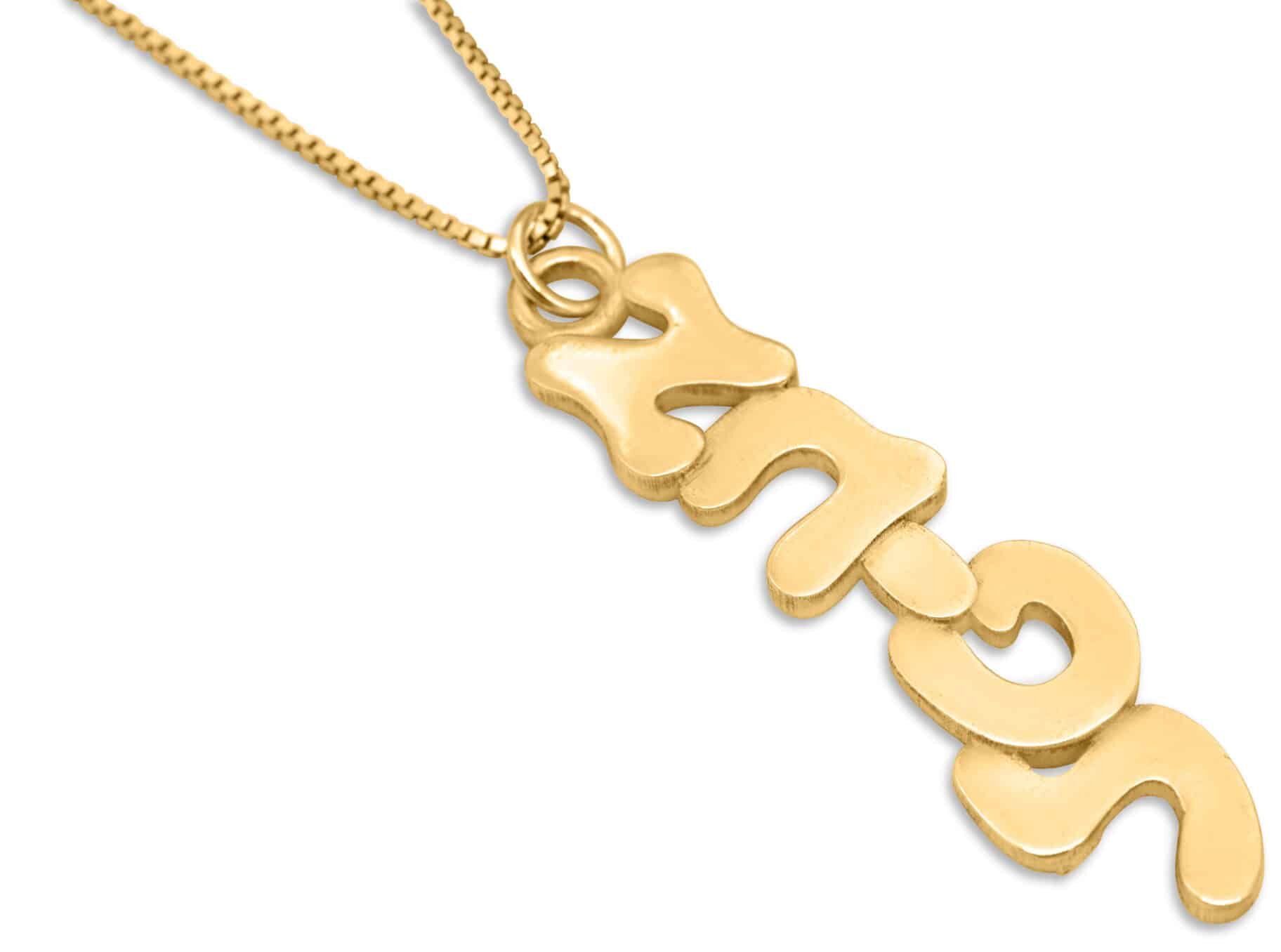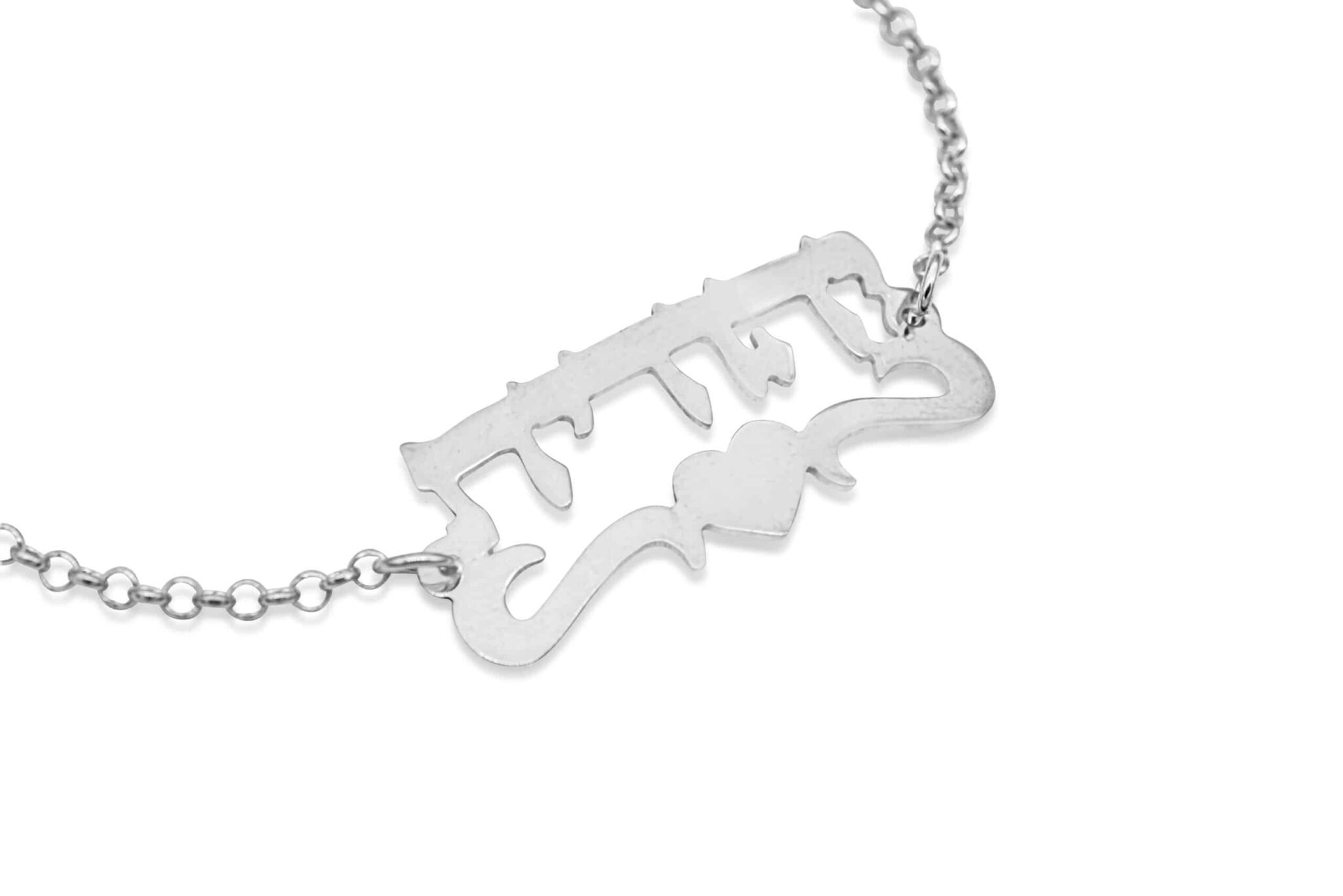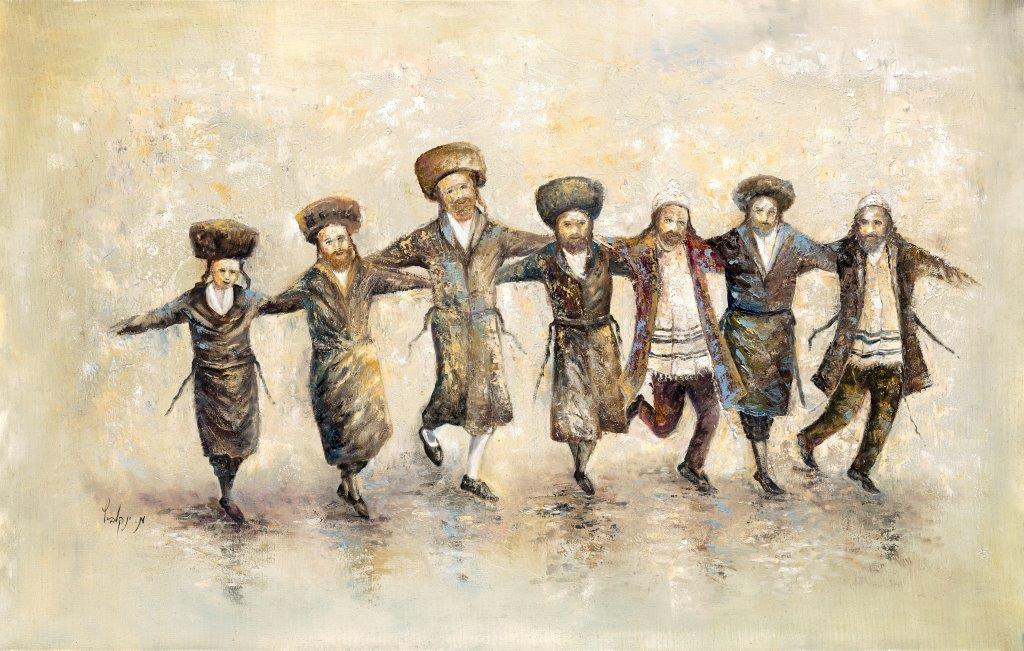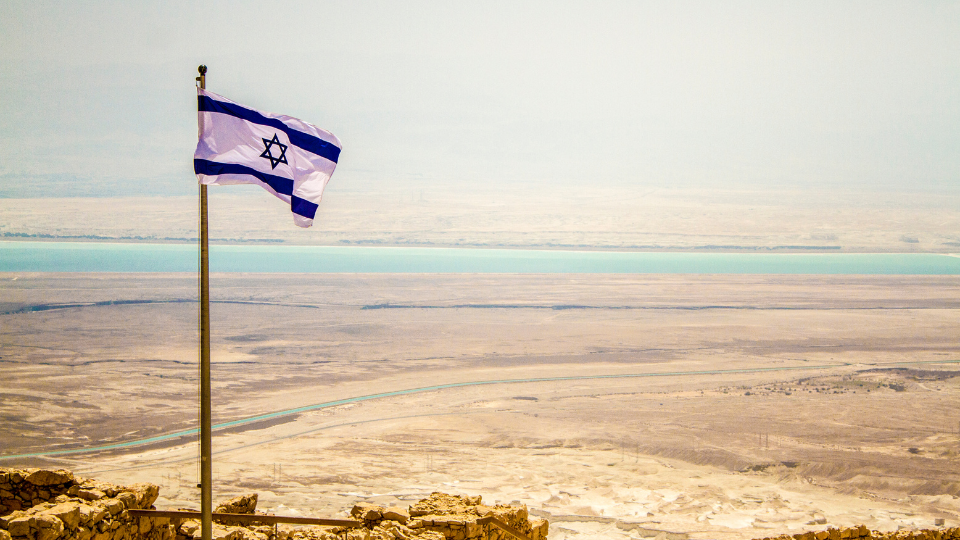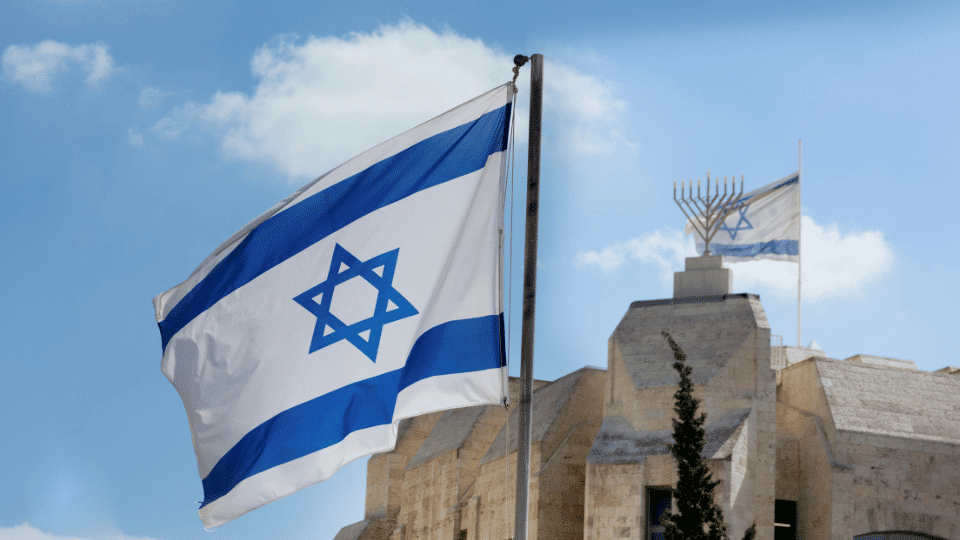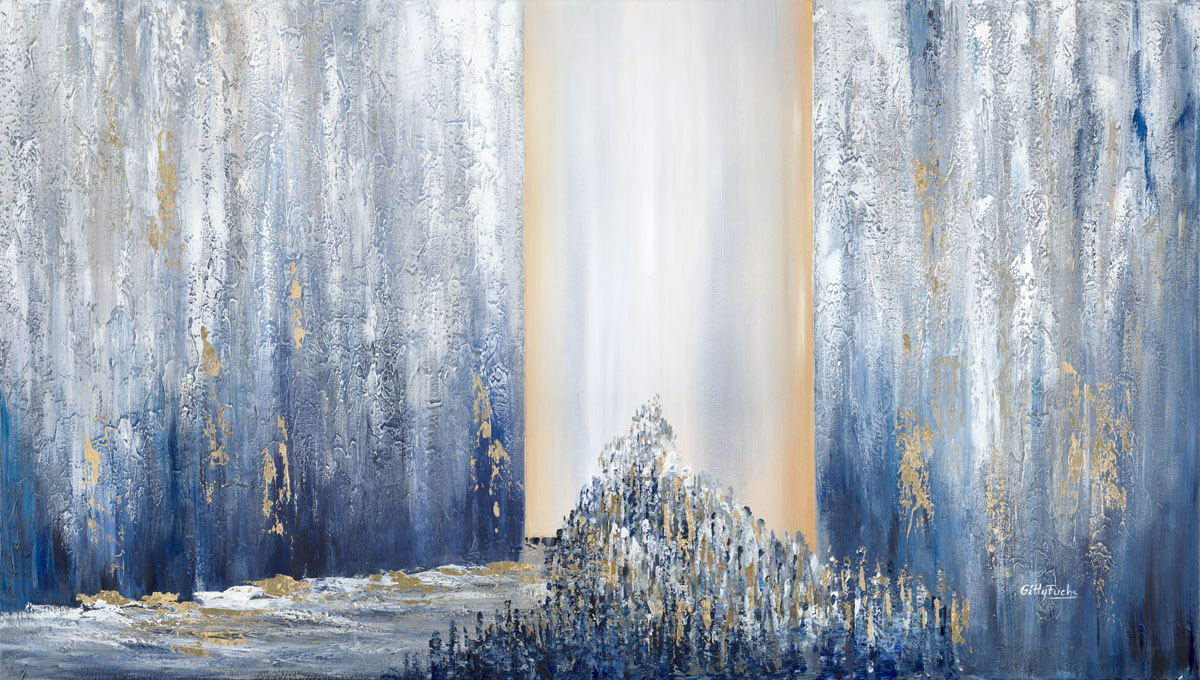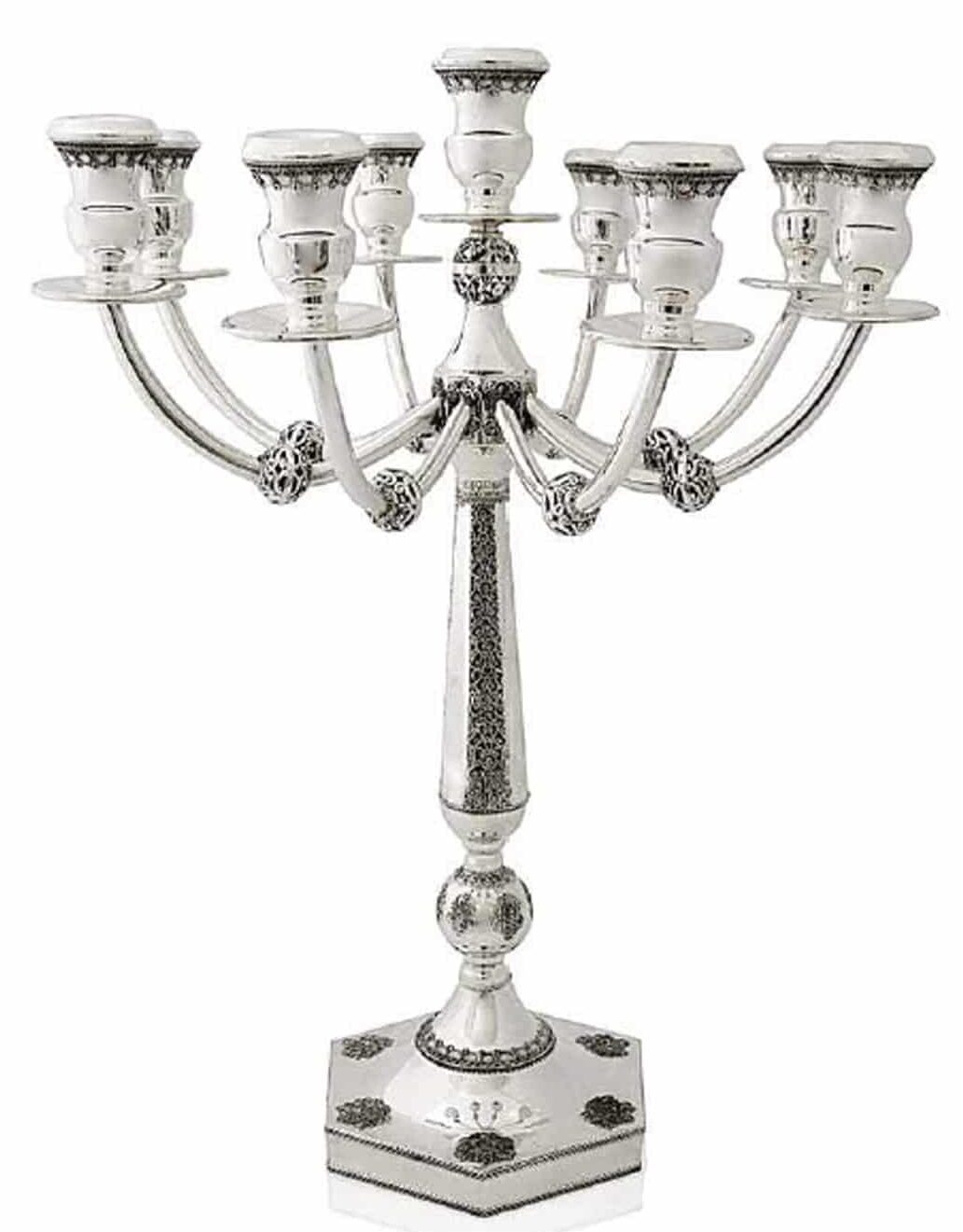Israel is home to a diverse and vibrant Jewish population. Jews have lived in Israel for thousands of years, and the country has become a center of Jewish culture, religion, and tradition.
From the ancient cities of Jerusalem, Tel Aviv, and Haifa to modern-day kibbutzim (collective farms), Israel offers something unique for every kind of Jew.
Whether you’re looking to explore your spiritual side or want to experience life as an Israeli citizen, this article will provide you with everything you need to know about the history of the Jewish people in Israel.
We will answer common questions, such as when Israel was established as a homeland for the Jewish people and how many Jews currently live in Israel.
How many Jews live in Israel?
An estimated 6.6 million Jews are living in Israel. Most Israeli religious
Jews identify Themselves as Orthodox or Conservative Jewish, while a small but growing Reform and Secular Jewish community exists.
The country has over 100 recognized religious denominations, including Christianity, Islam, and Druze.
What percent of Israel is Jewish?
Approximately 75% of Israel’s population is Jewish. This percentage has remained relatively steady over the last few decades, with a slight increase in recent years.
What language do Jews speak in Israel?
Most Jews in Israel speak Hebrew as their native language. This is the primary language of instruction in schools and university courses, and it is used for religious ceremonies and everyday conversations. Arabic is also widely spoken in certain parts of the country, particularly among Arab-Israelis, who comprise about 20% of Israel’s population.
Check out our Personalized Jewish Gifts collection!
History of Jewish people in Israel
Jews have a long and storied history in Israel, with many traditions and practices still practiced today.
Jewish life in Israel dates back as far as 1000 BC during the reign of King David when the first Jewish temple was built on Jerusalem’s Temple Mount.
Throughout its history, Jews have faced persecution and exile from various empires and nations, but the Jewish presence in Israel has remained strong.
Today, Israel is a thriving multicultural state with Jews from all over the world living with various other ethnic and religious groups.
The country is known for its rich cultural heritage and vibrant society, making it an ideal destination for tourists looking to explore the culture of Jewish people in Israel.
Why did Jews leave Israel?
Throughout its history, Jews have faced persecution and exile from various empires and nations.
In the mid-20th century, Jewish people experienced new waves of displacement and oppression during World War II and the creation of Israel in 1948.
These events led to a mass exodus of Jews from Poland, Germany, Russia, Ukraine, France, and more.
In addition to persecution, many Jews chose to leave Israel in search of economic and educational opportunities.
This trend has continued into the 21st century, as Israel remains an attractive destination for Jews seeking economic and academic advancement.
What made the Jews decide to take back Israel?

Following World War II and the establishment of Israel in 1948, millions of Jews from around the world immigrated to Israel in pursuit of a better life. This influx of Jewish immigrants, known as the “Aliyah,” helped form the modern state of Israel and allowed Jews to reclaim their ancestral homeland.
How did Jews get to Israel?
In 1917, Britain issued the Balfour Declaration, which recognized the right of Jews to national self-determination in Palestine. This led to the formation of the Jewish Agency, a political body dedicated to creating and developing a Jewish homeland in Palestine.
The Jewish Agency worked with various governments and international organizations over the next three decades to establish Israel as an independent state in 1948.
The country was officially recognized by the United Nations the following year and has since become an important cultural and political hub for Jews worldwide.
Why do Jews claim Israel?
For centuries, the Jewish people have claimed Israel as their homeland. This is due to the fact that it is the ancestral birthplace of the Jewish people and a source of religious, cultural, and historical importance.
It has been a place of refuge for Jews throughout history, providing a safe haven from persecution and violence. As such, it has become a symbol of hope and unity for Jews around the world who have longed to return to their ancestral homeland.
Today, Israel remains an important part of Jewish identity and continues to be an integral part of many aspects of Jewish life.
What was the first religion in Israel?
The first religion in Israel is believed to be ancient Judaism, which was practiced by the Jewish people who settled in the region during the 12th century BC.
Ancient Judaism eventually evolved into Rabbinic Judaism, which is still one of the main denominations of Judaism practiced today.
Other religions that have been traditionally practiced in Israel include Christianity and Islam.
The development of Israeli culture and society
The development of Israeli culture and society has been shaped by a complex interplay of factors, including Jewish history and traditions, the challenges of building a modern state in a challenging environment, and the contributions of diverse communities.
From its earliest days as a fledgling nation to the present day, Israel has been home to a vibrant culture reflecting its people’s diversity and complexity.
One of the critical factors in the development of Israeli culture has been the influence of Jewish traditions and values.
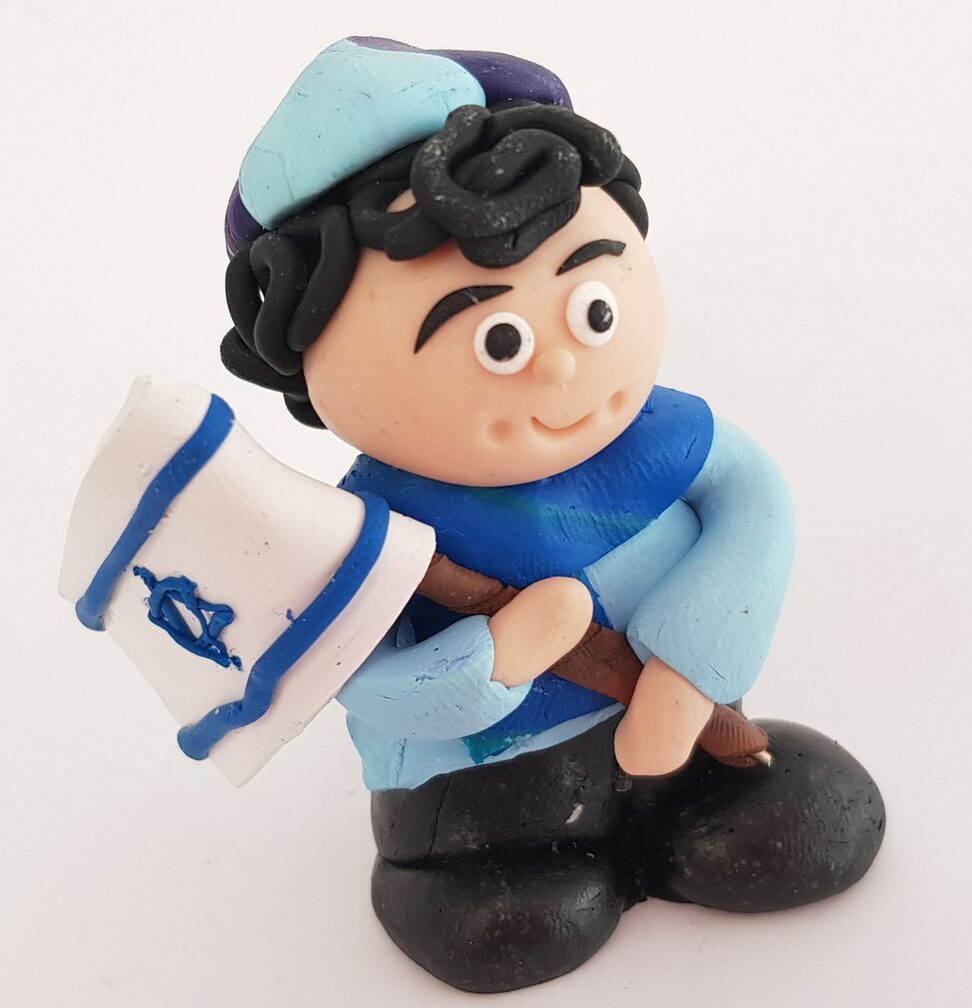
Jewish holidays and festivals, such as Passover, Hanukkah, and Yom Kippur, are celebrated across the country, and Jewish literature, art, and music are integral parts of Israeli cultural life.
At the same time, Israeli culture has also been shaped by the challenges of building a modern state in a challenging environment.
From the state’s earliest days, Israelis have had to contend with a range of security threats, including wars with neighboring Arab nations and ongoing conflicts with Palestinian groups.
These challenges have led to the development of a unique Israeli identity that reflects the Israeli people’s resilience, strength, and determination.
In addition to these factors, Israeli culture has also been enriched by the contributions of diverse communities, including Arabs, Druze, Bedouins, and others.
For example, the country’s vibrant food scene reflects the influences of Jewish, Arab, and other cuisines, and Israeli music draws on a range of cultural traditions and influences.
Today, Israeli culture and society continue to evolve and change, reflecting the country’s ongoing challenges and opportunities Despite ongoing conflicts and divisions, Israelis continue to celebrate their unique identity and heritage and build a thriving society that reflects the richness and complexity of their history and culture.
If you’re interested in further exploring Israeli culture and traditions, we invite you to check out our collection of Jewish Bracelets.
Our pieces are crafted with care and attention to detail and are perfect for anyone looking to connect with the beauty and depth of Jewish culture and tradition.
Jewish identity
Jewish identity is a central aspect of Israeli culture and society, but there is also a great deal of diversity within the Jewish community in Israel. This diversity can be seen in various factors, including religious practice, political views, and cultural traditions.
Religious practice is a critical factor contributing to diversity within the Jewish community. In Israel, a range of Jewish religious denominations is represented, including Orthodox, Conservative, Reform, and Reconstructionist.
Each of these denominations has unique practices and beliefs, and there is also a range of subgroups and variations within each denomination.
Another factor that contributes to diversity within the Jewish community is political views. Israel’s political landscape is complex, with various parties and ideologies represented in the Knesset.
Some Jews in Israel identify as secular or left-leaning, while others are religious or right-leaning. These political differences can lead to disagreements and tensions within the Jewish community.
Cultural traditions also play a role in shaping the Jewish identity in Israel. While many cultural practices are shared across the Jewish community, there are also many differences based on factors such as country of origin, family background, and individual interests.
Related: Jewish Paintings collection.
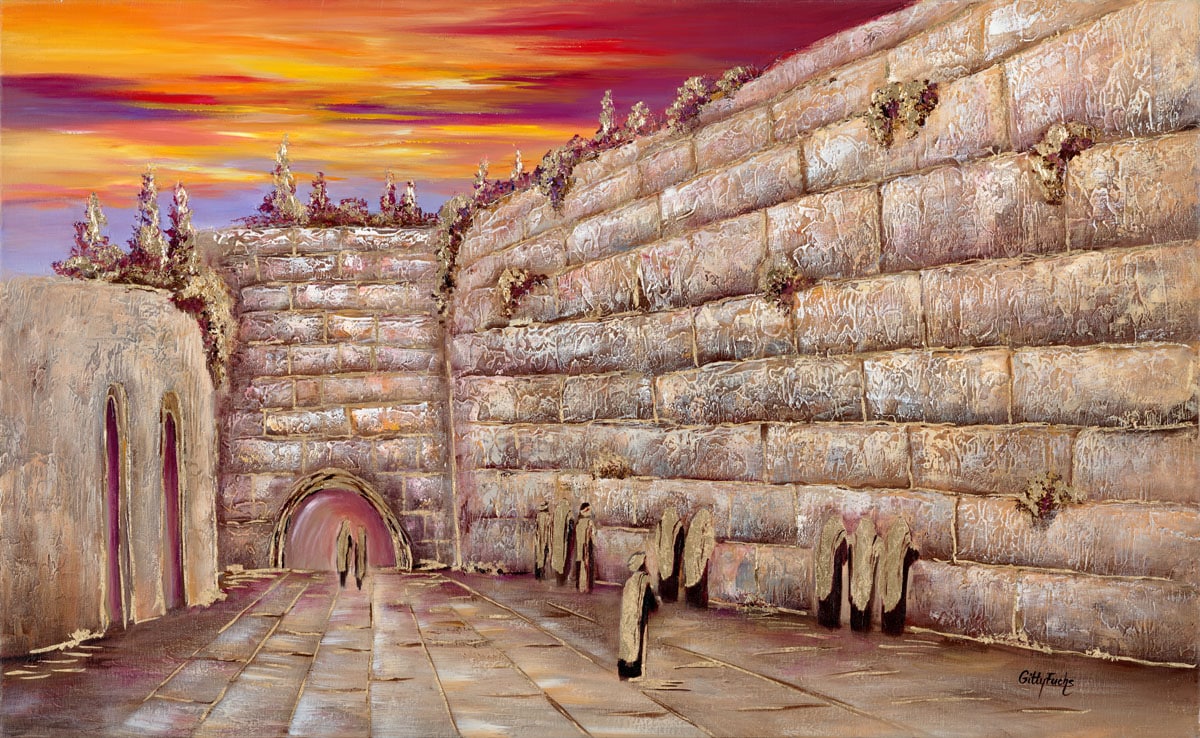
For example, Jews of Ashkenazi (European) descent may have different cultural traditions than Jews of Sephardic (Middle Eastern and North African) descent; There may be differences between Jews who grew up in urban versus rural areas.
Despite these differences, many shared aspects of Jewish identity exist in Israel. For example, Hebrew is the national language of Israel and is widely spoken by Jews and non-Jews alike.
Jewish holidays and festivals, such as Passover, Hanukkah, and Yom Kippur, are celebrated across the country, and Jewish literature, art, and music are integral parts of Israeli cultural life.
Overall, Jewish identity in Israel is complex and multifaceted, reflecting the diversity and complexity of the Jewish community.
While there are many differences based on factors such as religious practice, political views, and cultural traditions, many shared aspects of Jewish identity bind the community together.
Conclusion
Diversity within the Jewish community in Israel adds richness and vibrancy to the country’s culture. The spectrum of religious practice reflects a wealth of religious traditions within Judaism that have coexisted for centuries.
Similarly, variation within political views creates an interesting forum for lively debate and dialogue about important topics. Thus, embracing the diversity of Jewish identity can foster deeper understanding between different groups as well as respect for one another’s beliefs and opinions.
Furthermore, with an appreciation for diverse backgrounds and experiences, communities can be enriched through greater openness and acceptance rather than exclusion or prejudice.
Ultimately, this can have positive implications not only for Jews in Israel but also on a global scale as well.
About

Our website exclusively showcases products 100% made in Israel, allowing us to proudly declare that our offerings are “Made In Israel.”

